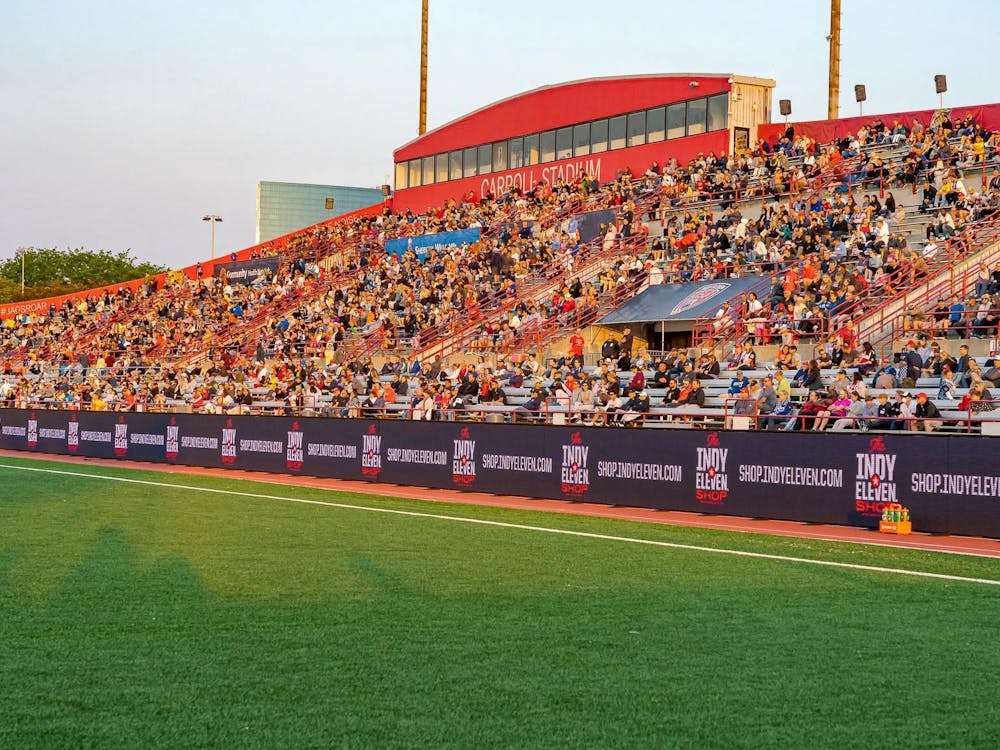Ted Gaston has spent 30 years in the automotive maintenance business.
When he visited for his interview for director of maintenance at MITS in 1991, he said he saw "a facility full of people who meant well and were pretty good at what they did."
He sold his house in Lafayette, Ind., and moved to Muncie with his wife, Mary, to work for the company because he believed in its potential. Twenty years later, the couple still works at MITS. With the recent cut of MITS' state funding, Ted said they may have to fire some of the people he works with.
"I never want to lay somebody off," said Ted, director of maintenance for MITS. "We're in rough times right now and it could come to that."
The bus company has felt the presence of looming budget cuts since April, when it decided to purchase and use five hybrid buses. MITS hoped the buses would be efficient enough to save money down the line.
"We've pretty much cut all the fat out of our service a long time ago," Ted said. "If we get to a point where funding is down far enough, we're going to be cutting into our bread and butter. I'll be laying off mechanics. I'll be laying off bus cleaners."
The hybrid buses that have been used on the MITS route go from the Northern Walmart in Muncie, through Ball State, and downtown and to the mall.
"The buses work by recapturing energy created by braking [where heat energy is produced]," he said. "That energy is moved through a power converter on the roof of the bus, then into a battery for use when the bus is idle so as to use less diesel fuel."
After a year of service, the buses are just now showing some signs of wear.
"Since half of MITS' ridership consists of students, this route would stand to benefit most from the use of hybrid buses," said Mary Gaston, associate general manager of MITS.
Over the last year since the hybrid buses were first used, MITS has saved about 20 percent in diesel fuel costs. Mary said she doesn't know whether the buses will ever pay for their costs, but the buses are good for a minimum of 20 years, compared to the older buses limit of about 16 years. Those cost about $300,000 per bus; the hybrid portion of the buses cost about $180,000.
Federal dollars make up about 24 percent of MITS' budget. In order to make the best of that funding, MITS allows students to ride for free in order to increase ridership, in turn showing it requires more federal funding. The route that passes through Ball State attracts riders from all around Muncie.
The director of maintenance said he only sees the hybrid bus technology getting better in the future. Even so, the amount of cuts being received is greater than ever, and while the hybrid buses have helped, it will not be enough to solve all of MITS' problems.
This puts the MITS family in a troubling position.
"The reasons we have the reputation we have is because we've got a group of people in primary management who have been functioning together for 20 years," Ted Gaston said. "We can read each other's minds and we can work together as a team.
"It's hard not to develop a close relationship with people after working with them for so long," he said.




